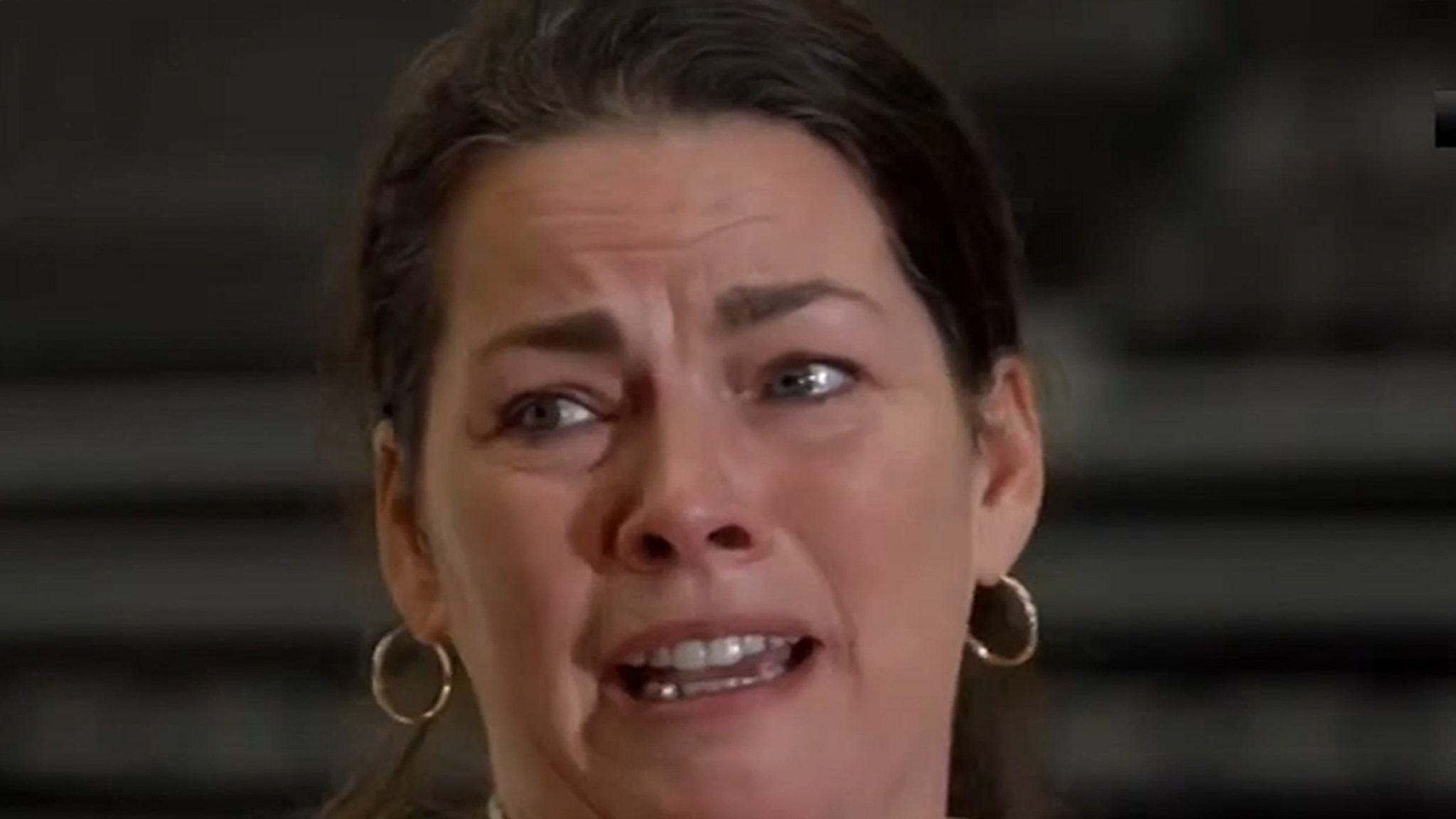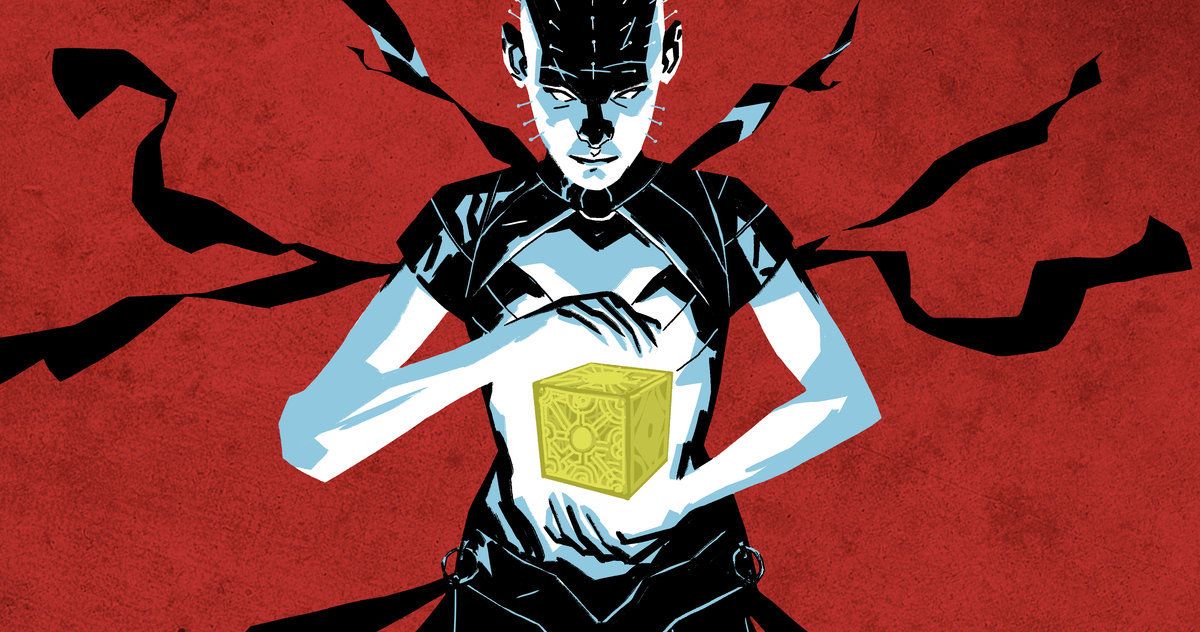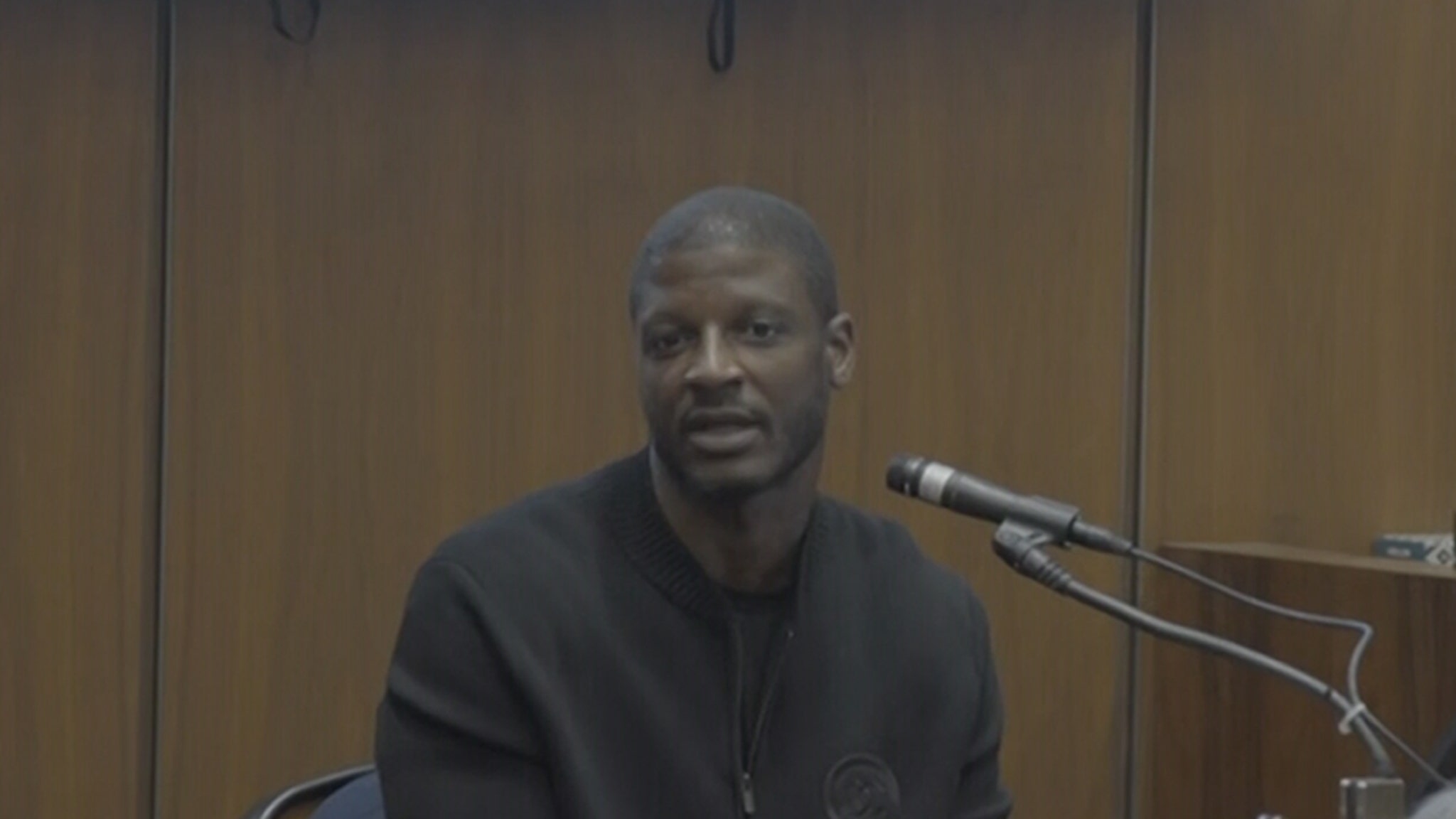Still, Ula cries when she shows us her breasts, and her tears are meant to speak not only for her character, but her creators, whose pessimistic view of social media is less than convincing. Another character, in an earlier scene, is accused of crying “crocodile tears,” but Ula’s sobs are “more genuine,” according to sadistic gamemaster Nero (Jerome Velinsky). “People love authenticity,” he adds, boldly providing “Funhouse” with its epitaph.
The sight of a crying half-naked woman is exactly the sort of exploitative image that viewers are supposed to feel bad for gawking at. Ula is, after all, looking directly at the camera and flashing us from inside a “confession booth.” At the time, she’s trying to convince House of Fun viewers to vote for her so she won’t have to compete in the next elimination challenge, which, again, is fatal. The FBI is aware of Nero’s online game show, but cannot locate it in time to save contestants like Ula from killing each other.
So we’re stuck with Ula and the others as they fight among themselves and struggle to win the approval of Internet rubberneckers. If they don’t get enough votes, they must play degrading party-game-style contests, like “Piñata Party,” where one contestant is tied up and attacked with a spiked baseball bat; the other contestant (the one with the bat) is blindfolded and made to wear sound-proof headphones. Nero’s funhouse is a well-upholstered meatgrinder, complete with tacky upscale furniture and fixtures, like the nude, Korova Milk Bar-style mannequins that bookend the living room’s flat-screen. That groanworthy pop culture reference is as scathing as this media critique gets.
As for Ula: she’s one of a handful of meat puppet protagonists, none of whom are more sympathetic than their inhospitable circumstances. The same is true of the movie’s lead protagonist, backup singer turned reality show star Kasper Nordin (Valter Skarsgård). Kasper’s sometimes presented as a righteously pissed off voice of moral relativity, somebody who can respond to Nero’s speeches about the soulless and braindead “Internet Age.” “A woman’s breasts are more censored than a slit throat, the word ‘f**k’ more than a severed head,” Nero says at one point. “And look no further than any comment thread of any social media platform to see how quickly a harmless debate can devolve into aggression, violence, and hate.” Kasper’s clapbacks are unfortunately just as shallow—“What, mommy and daddy didn’t love you enough? Couldn’t get a date to prom?”—and only ostensibly more satisfying given how unconvincing the movie’s set pieces often are.
You can view the original article HERE.



























:quality(85):upscale()/2025/01/30/728/n/1922564/bae21b97679ba8cf1dcb88.10828921_.png)

